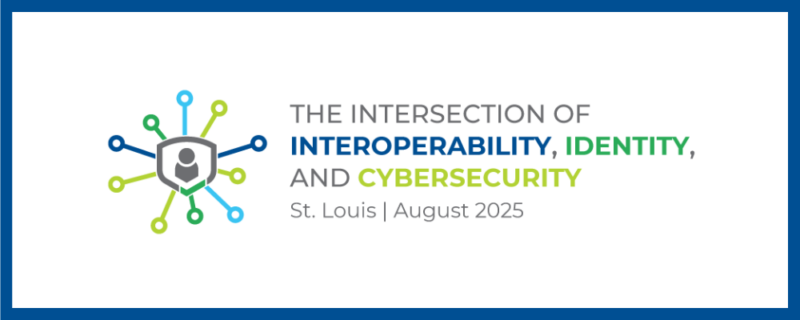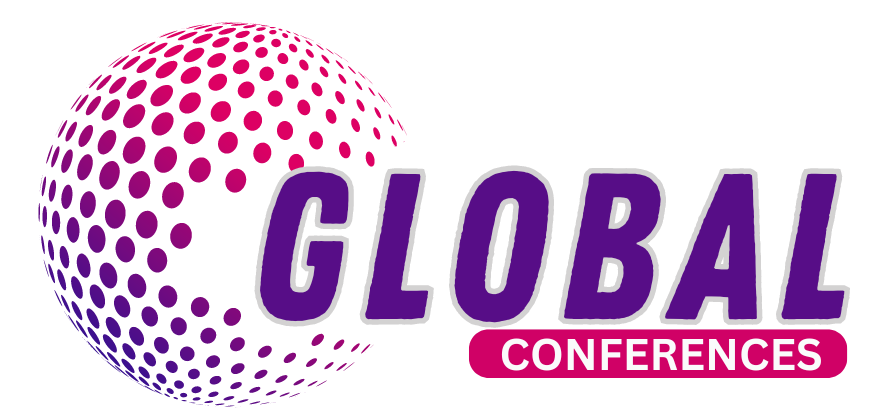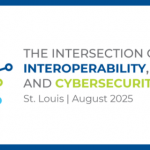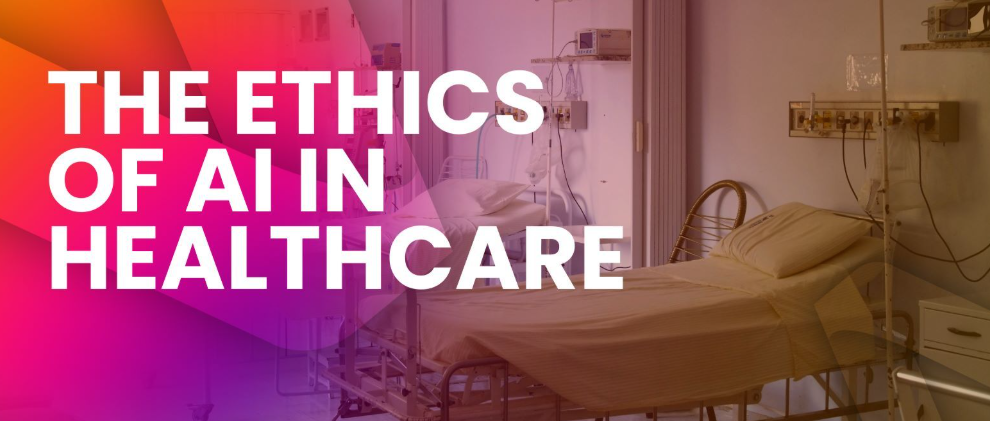Exploring ethical considerations of AI in healthcare, spanning patient safety, algorithmic bias, and responsibility.
Artificial intelligence is reshaping the way physicians diagnose, hospitals function, and patients experience care. While its use in healthcare offers the potential for better outcomes, it also brings pressing concerns around fairness, transparency, and the protection of patient rights.
Ethical considerations around AI in healthcare are still evolving but remain central to its adoption. Without well-defined guidelines, these technologies risk reinforcing inequities, mishandling sensitive data, and undermining trust in healthcare systems.
Why Healthcare AI Must Be Driven by Ethics
AI is rapidly gaining ground in medicine. From supporting clinical decisions to enhancing diagnostic imaging and predicting patient risk, AI tools are already being tested and implemented worldwide. These innovations have the potential to accelerate research, improve accuracy, and even identify diseases earlier than human clinicians.
However, the pace of innovation poses risks if ethical standards fail to keep up. A survey published in the Journal of the American Medical Association (JAMA) revealed that 66% of respondents had low trust in their healthcare system’s ability to use AI responsibly, while 58% lacked confidence that AI tools would not cause harm. Clear, accessible ethical guidelines are essential to reassure patients that their care will remain accurate and safe.
Ethics are also critical because AI “learns” from data, making its reliability dependent on the quality and diversity of the datasets it uses. Hidden bias, lack of transparency, and misuse of sensitive patient information are real dangers. For AI systems to succeed, they must incorporate input from both patients and clinicians while addressing their needs directly.
Ultimately, ethics in healthcare AI are not optional—they are essential. Algorithms must be designed, deployed, and continuously monitored with patient protection at the center. Only then can patients, providers, and policymakers trust that this powerful technology will be safe, fair, and effective in advancing healthcare.
Challenges and Potential Risks
The growing use of AI in hospitals and clinics brings several ethical challenges, the most pressing of which are:
AI Bias in Medicine
A major concern in healthcare AI is bias. When algorithms are trained on datasets that underrepresent certain groups—such as women, ethnic minorities, or individuals from lower socioeconomic backgrounds—they may produce less accurate predictions for those populations. For instance, studies have found that some AI diagnostic tools are less effective at detecting skin cancer in darker-skinned patients.
If not continuously monitored, these AI systems risk perpetuating existing systemic biases in healthcare. Mitigating these risks requires careful design, diverse and representative datasets, and ongoing auditing of AI tools.
Lack of Transparency and Accountability
A significant challenge with AI in healthcare is the “black box” nature of many models. Both clinicians and patients often cannot see how an algorithm arrives at its conclusions, making it difficult to question errors or evaluate potential risks.
If an AI system misdiagnoses a patient or suggests a harmful treatment, who is held accountable—the developer, the hospital, or the medical professional relying on the system? Without clear frameworks for responsibility, managing the risks of AI in healthcare becomes far more complicated.
Patient Data Misuse
AI relies on large volumes of patient data, which raises serious privacy and consent concerns. Without robust safeguards, sensitive health information could be misused, hacked, or improperly shared. Even anonymized datasets can sometimes be re-identified, putting patients at risk. A lack of trust in data security may also make patients reluctant to share their information, limiting the effectiveness of AI in healthcare.
What Responsible AI Looks Like
The question of “what constitutes responsible AI?” arises across all applications of artificial intelligence. In healthcare, responsible AI fundamentally means:
- Fairness: Aimed at eliminating, not perpetuating, health inequalities.
- Accountability: Ensures clear responsibility for decisions impacted by AI.
- Transparency: Must be understandable so clinicians and patients can see how decisions are made.
- Safety: Requires thorough testing and ongoing monitoring to reduce risk.
Examples of Responsible AI in Practice
Several organizations are actively working to implement responsible AI frameworks in healthcare. The World Health Organization (WHO) has issued guidance that highlights the importance of human oversight, inclusivity, and data privacy. In the U.K., the NHS AI Lab funds STANDING Together, an initiative that provides recommendations for improving the transparency of AI datasets. Additionally, the SPIRIT-AI and CONSORT-AI guidelines help identify errors in clinical trials involving AI by offering reporting standards for such protocols.
However, a significant oversight gap remains in how AI is used in clinical settings. A 2025 study revealed that while 65% of U.S. hospitals employed predictive models, only 44% conducted evaluations to check for bias.
Building Public Trust and Institutional Integrity
No matter how sophisticated medical AI becomes, it won’t succeed without public trust. Patients must feel confident that their safety and rights are safeguarded. Earning that trust requires transparency, well-defined regulations, and ongoing, open communication.
The Role of Regulation
Governments and regulatory agencies are starting to take action. The European Union’s AI Act, which came into force in 2024, sets strict requirements for high-risk AI systems, including those used in medical applications. In the United States, the FDA maintains a list of approved AI-powered medical devices and has established clear pathways for assessing and authorizing new ones.
However, regulation by itself isn’t sufficient. Hospitals, startups, and corporations must actively adopt responsible AI practices as a core part of their ethical culture.
Demonstrating Thought Leadership
Events like VivaTech are showcasing how leaders from both the medical and tech sectors are influencing the conversation around AI. During live sessions, experts have emphasized the importance of balancing rapid innovation with responsible development. This type of thought leadership helps build consensus on best practices, motivating companies and policymakers to focus on ethical design.
Planning for the Future
As we look to the future, AI governance is expected to take on an increasingly global scope. Much like the shared foundations of medical ethics across cultures, ethical standards for AI in healthcare must also be internationally aligned to ensure that innovation is both safe and equitable for patients everywhere.
Addressing the ethical challenges of AI will require a firm commitment to responsible development—one rooted in fairness, transparency, and a strong focus on patient-centered design. When guided by these principles, AI has the potential to transform healthcare and significantly improve outcomes on a global scale.
























